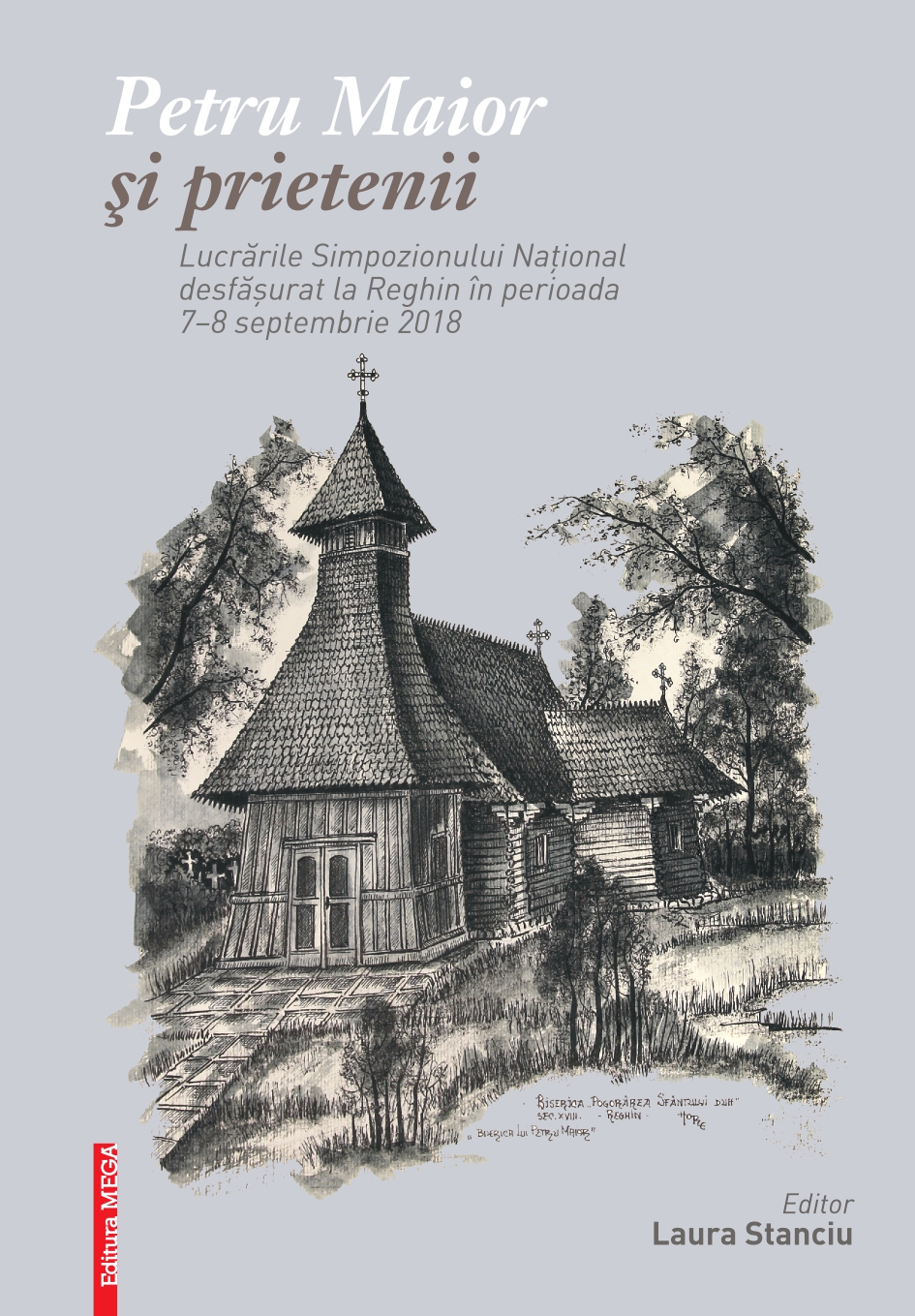Petru Maior în istoriografia postbelică
Petru Maior in postwar historiography
Author(s): Corina TeodorSubject(s): History, Cultural history, Recent History (1900 till today), Interwar Period (1920 - 1939), Post-War period (1950 - 1989)
Published by: Editura Mega Print SRL
Keywords: Petru Maior; postwar historiography; communist ideology; historical criticism;
Summary/Abstract: This study stopped at the texts about Petru Maior, from Romanian historiography, published between 1944-1989. My study tried to answer a few questions: what was left and what was diluted from the reconstructions of the romantic and positive historians, about the work and activity of Petru Maior? How has the historical truth been affected by the communist ideology? The texts about Petru Maior, included in this analysis, were related to political changes and can be divided into several stages: a. until 1948, about Petru Maior wrote lay historians and clergy alike, Greek Catholics and Orthodox, who, in fact, continued research started in previous years. This is the case of Zenovie Pâclișanu, Ștefan Manciulea, Constantin C. Giurescu, Nicolae Albu, Ioan Lupaș, Vasile Netea, Dimitrie Popovici, for whom the care of the name of Petru Maior can be found in larger refunds, in area histories or in case studies; b. a new discourse on the Enlightenment generation, implicitly on Petru Maior is initially seen in Petre Constantinescu-Iasi, in 1945, the one who will become one of the official historians of the new regime; c. after 1948 – the image of Petru Maior in Romanian historiography has undergone several major transformations. The omission of specifying the confession to which our historian belonged was associated with the repeated attempts of the Orthodox theologians to consider him part of the Orthodox church. Other signs of the new ideology came from those who sought to inscribe the activity of Petru Maior in the terms of the “class struggle”, as a defender of the peasantry. This is what I found in the texts signed by N. Mladin, I. Vlad, Al. Moisiu, inspired by the previous writings of Haralambie Cojocaru and Policarp Morușca, the protopop A. Radu. Dogmatic conformism can also be found in other authors, such as Ion Lungu, Romulus Munteanu and, unfortunately, Nicolae Albu. d. finally, the national idea brought back to discussion in Romanian historiography around 1964–65, also created a favorable corridor for the new researches of the Enlightenment generation. Several studies published since those years have been able to capitalize on important readings from European historiography or from the old Romanian interwar historiography. This is the case of Lucian Blaga, Pompiliu Teodor, Iosif Pervain, Maria Protase, Adrian Marino, Vlad Georgescu, Iacob Mârza or Francisc Pall.
Journal: Petru Maior și prietenii
- Issue Year: III/2020
- Issue No: I
- Page Range: 179-200
- Page Count: 22
- Language: Romanian

